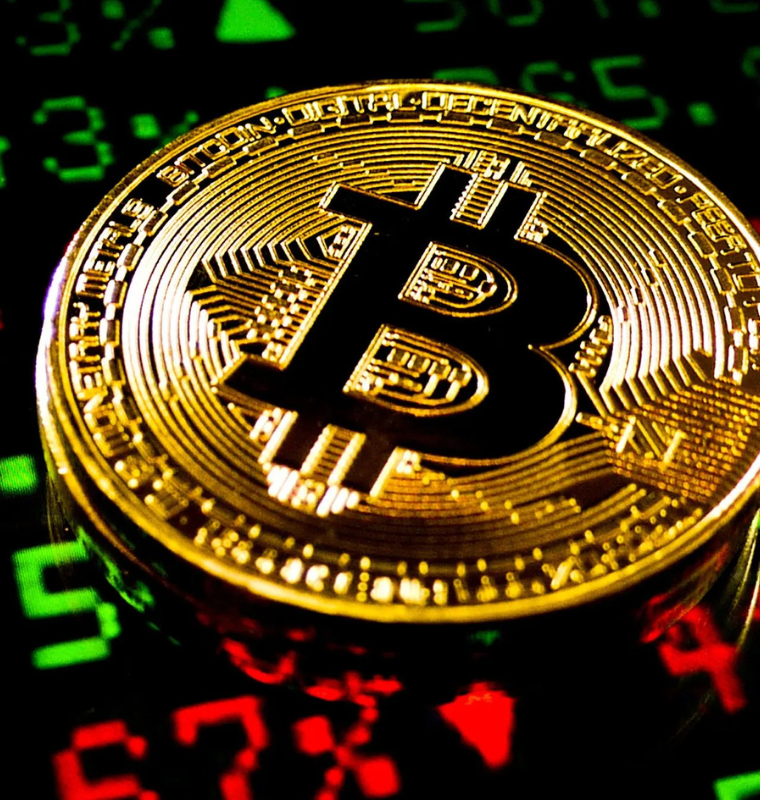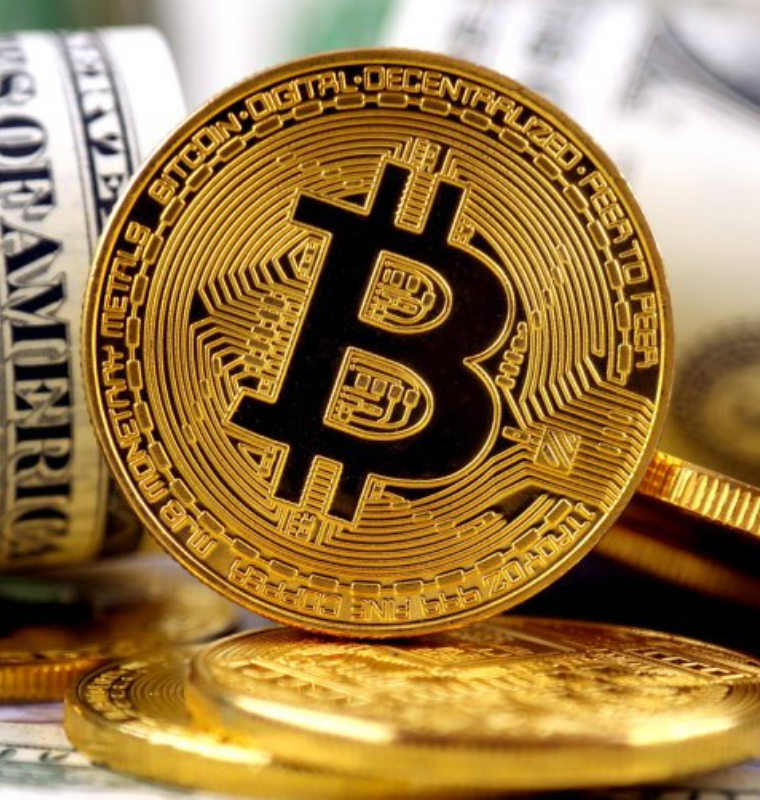Global Watchdog Flags Gaps in Crypto Regulation as Market Surges
Global Watchdog Flags Gaps in Crypto Regulation as Market Surges
By
Calder Monroe
Last updated:
October 20, 2025
First Published:
October 20, 2025

Photo: The Edge Malaysia
A Wake-Up Call for Global Regulators
The Financial Stability Board has raised a pressing concern that continues to echo through financial circles worldwide. As digital assets reach new milestones, the absence of cohesive regulation is becoming an unavoidable topic. The crypto market has now crossed an estimated four trillion dollars in value, yet regulators remain divided on how to supervise this rapidly evolving sector. The growing mismatch between innovation and oversight is forcing policymakers to confront uncomfortable truths about the global financial system.
A Growing Market Without a Unified Framework
Cryptocurrency adoption has accelerated in both developed and emerging economies. Retail investors, institutions, and even governments are integrating digital assets into their financial structures. Yet, this growth has not been matched by consistent rules. Some nations classify cryptocurrencies as commodities, while others define them as securities. This disunity creates confusion for investors and businesses trying to comply with multiple jurisdictions simultaneously.
Fragmented Oversight Fuels Risk Exposure
The FSB report highlights how inconsistent regulatory frameworks enable cross-border loopholes. Without global alignment, exchanges and crypto service providers often operate in gray zones. This has led to increased concerns about fraud, market manipulation, and systemic instability. Recent crypto collapses and exchange failures have underscored how interlinked these risks have become across regions, with repercussions extending beyond national borders.
The Role of Stablecoins in Amplifying Concerns
Stablecoins have emerged as one of the most sensitive elements in this debate. They are designed to hold value by being pegged to traditional currencies, yet their management often lacks transparency. The FSB argues that unregulated stablecoins could potentially disrupt monetary policies or create parallel systems of money transfer that escape central bank control. This adds another layer of complexity to an already tangled regulatory picture.
Investor Confidence Hangs in the Balance
As the market continues to expand, investor trust becomes more fragile. Many traders are drawn to the crypto ecosystem by the promise of independence and rapid profit, but uncertainty over the safety of assets remains high. Clear regulations are not only essential for preventing fraud but also for legitimizing crypto as a mainstream financial instrument. Without them, both institutional investors and the general public may hesitate to fully embrace the sector.
Efforts to Bridge the Regulatory Divide
International organizations such as the IMF, FATF, and BIS have been working toward harmonizing crypto oversight, but progress remains uneven. Each region faces unique political and economic pressures that influence its pace of adoption. Some countries prioritize innovation and digital finance as national goals, while others focus on curbing speculative activity. These diverging interests slow down the creation of a unified regulatory front.
The Technological Edge Outpacing Lawmakers
Technological innovation in the crypto industry moves at lightning speed. Decentralized finance, tokenized assets, and AI-driven trading tools evolve faster than legislative systems can respond. Lawmakers face the challenge of understanding highly technical subjects while ensuring that new policies do not suffocate innovation. This constant catch-up dynamic illustrates how complex it is to strike the right balance between freedom and security.
Institutional Players Push for Clear Rules
Major financial institutions are increasingly vocal about their need for consistent guidelines. Many are ready to invest heavily in blockchain technology but are cautious about the lack of global standards. Banks and asset managers argue that a transparent legal framework would help bring stability to an industry often portrayed as volatile and unpredictable. Their entry could also encourage more responsible innovation and long-term capital inflows.
Consequences of Ignoring the Warning
If global regulators fail to address these gaps, the consequences could be severe. Market volatility could escalate, digital asset fraud could multiply, and investor losses could undermine public faith in the financial system. Moreover, the reputational damage from another large-scale crypto collapse could deter progress toward mainstream adoption for years to come. The FSB’s warning is not just about regulation but about maintaining the integrity of the financial ecosystem itself.
A Defining Moment for the Crypto Future
The crypto industry stands at a turning point. Its continued growth depends on whether global authorities can coordinate effectively to manage risk without stifling innovation. The push for harmonized rules may be challenging, but it represents an essential step toward a mature and sustainable financial future. If addressed wisely, this moment could mark the beginning of a more transparent and resilient global crypto economy.
Popular articles
Subscribe to unlock premium content
Disney’s Timeless Magic and How the Entertainment Giant Continues to Shape Culture and Innovation

Imran Khan’s Economic Missteps Amid Political Chaos in Pakistan

The Philippines’ Digital Shift How Remittances and BPO Are Fueling Growth

Disney’s Timeless Magic and How the Entertainment Giant Continues to Shape Culture and Innovation

Imran Khan’s Economic Missteps Amid Political Chaos in Pakistan

Disney’s Timeless Magic and How the Entertainment Giant Continues to Shape Culture and Innovation









